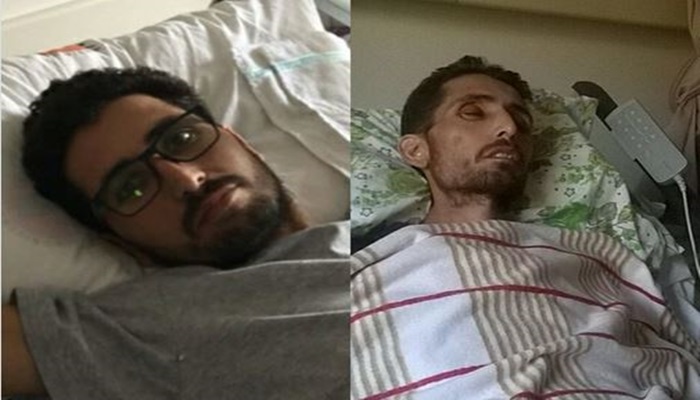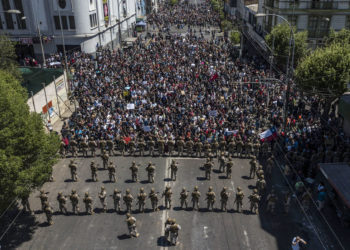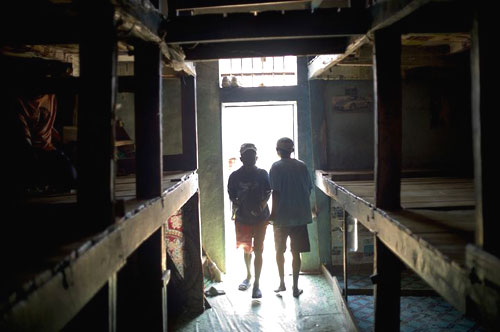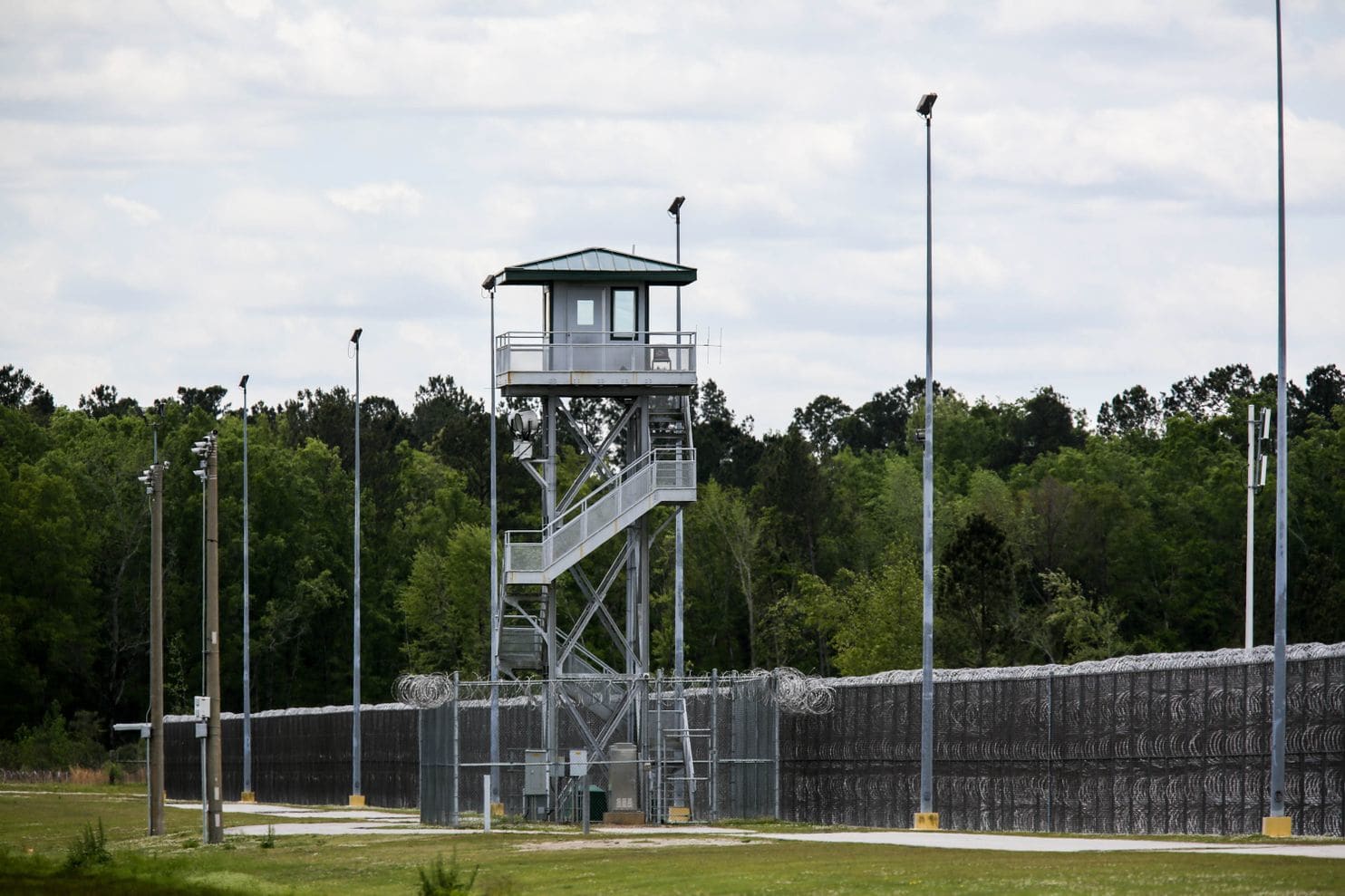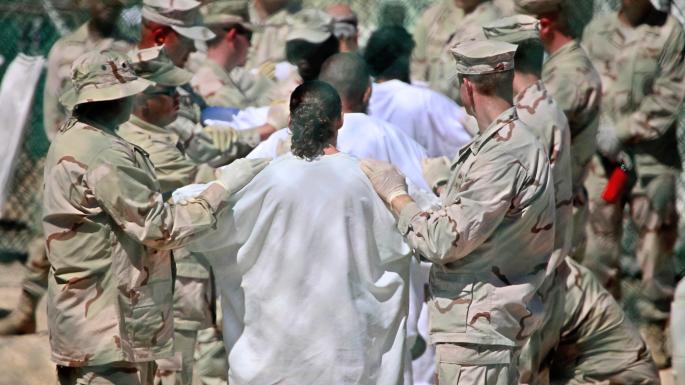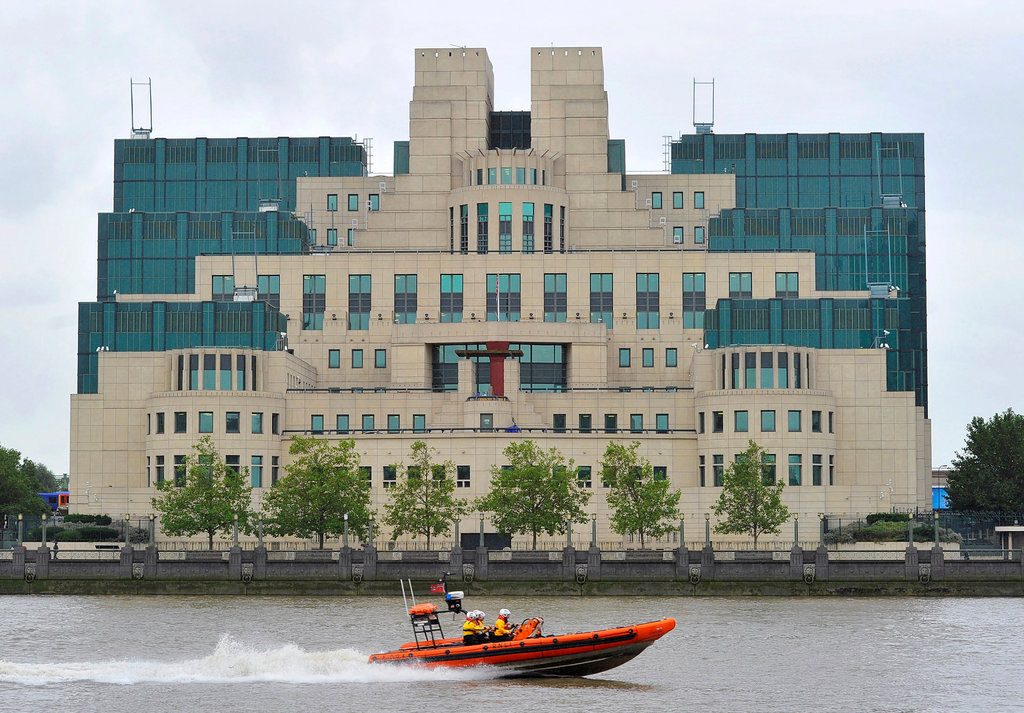When 33-year-old police officer Kadir Eyce was jailed in October 2016, in post-coup crackdown, he weighed more than 180 pounds, and he was a very healthy man. When he was released in April for medical reasons, he lost nearly 100 pounds, in paralyzed condition, and was unable to walk.
Within 7 months, his health suddenly deteriorated due to psychological pressure, possibly physical torture, malnutrition, lack of medical aid and sleeping in a cold prison cell even during punishing winter of Sivas, a city known for its notorious, harsh winters.
In first 3 months, he was denied proper food and water, thereby lost 100 pounds, his family said on social media. His wife said his body was beyond recognition when he was released. Photos showing him before and after jail reveals a stunning change within the span of a few months.
Over having an account in Bank Asya, a bank was formerly affiliated with Gulen movement and taken over by authorities in 2015, judges in Sivas High Criminal Court ruled for his imprisonment in October last year and he was sent to Sivas E Prison, a high-security prison complex.
Weeks later he first reported gastrointestinal pain but was unable to access any medical check or aid in prison. Subsequent demands during intervening months had been ignored, his family’s calls did not fall on any receptive ear in the prison administration.
His health deteriorated to a point where he was unable to walk on his own, walked with the help of prison guards to go the section where he met with his family members or responded to the phone calls from the phone booth.
Before his release, he was taken to hospital for brief treatment on several occasions but immediately sent back to the prison rather than a proper treatment. His father’s plea to the prosecutor who oversaw the case went unheeded as the prosecutor said in candid terms that if he demands Mr. Eyce’s release, he himself would lose his job, too.
That reveals an endemic problem in Turkey’s gutted judicial system, as judges and prosecutors appear reluctant to release detainees even if there is no evidence due to fear of political backlash, for concern over their careers. As recently as last week, judges who ruled to release journalists in Istanbul in a case against media have been suspended, a development that sent a chilling message across the judiciary over political intervention.
Mr. Eyce’s family’s persistent push for their son’s release finally paid off after warning the officials that they would be made accountable if something happens to the police officer.
That did not end the agony and ordeal of the family. The steady progress in the officer’s illness reached a point of no return, undermined the prospect for a recovery. Still, the family who moved from central province of Sivas to Mediterranean province of Mersin took the officer to a university research hospital.
But the family hid a crucial information from doctors. Fearing that their son might be rejected from the hospital, the patient registered to the hospital with a green card — which is provided to low-income families — as an ordinary citizen. He also became poor after the purge. They did not tell doctors that he spent 7 months in prison. Even if they did, it would probably have not changed the ultimate end.
Their discretion did not alter the result as doctors told the family that there was little they could do as the state of paralysis and illness overwhelmed the entire body.
Mr. Eyce died on Tuesday as the last victim of the post-coup purge. After gathering of family members and relatives at a funeral, his body was buried on Wednesday next to the grave of his 3-year-old son who died in 2015.
The tortured, arduous long path to his death indeed encapsulates a broader problem that largely goes unnoticed in the absence of media coverage.
There are thousands of ill prisoners languishing in poor conditions in Turkey’s prisons. The lack of medical aid, persistent government policy of ignoring health problems of detainees who were imprisoned in aftermath of the coup opens a dangerous path to possibly more deaths.
The government denies allegations of torture in prisons, mistreatment of prisoners jailed in post-coup crackdown despite overwhelming evidence of human rights organizations and accounts of family members.
According to Stockholm Center for Freedom (SCF), a non-governmental organization which monitors human rights violations and media freedom issues in Turkey, 58 people have died in suspicious conditions in Turkey’s prisons since July 15 coup attempt.
Only since March 21, 4 people died. The upward spiral of death numbers could rise even further with reports of collective hunger strikes of Kurdish political prisoners some of whom entered their 56th days.
On Tuesday, 20 more people, from families of prisoners who were on hunger strike in various prisons across Turkey announced at a press conference in the southeastern province of Diyarbakir that they also launched a hunger strike in a display of support for the prisoners.
Last week, Chairman of People’s Democracy Party (HDP) Selahattin Demirtas ended his brief hunger strike which he launched in support of other inmates who refused food for 40 days to protest solitary confinement and poor conditions in Edirne Prison. The prison administration sealed a deal with prisoners to end the strike and pledged to improve their conditions.
In Diyarbakir, families demanded similar pledges for their beloved ones who entered a critical period after more than 50 days of hunger strike.
********
This article was possible thanks to your donations. Please keep supporting us here.


